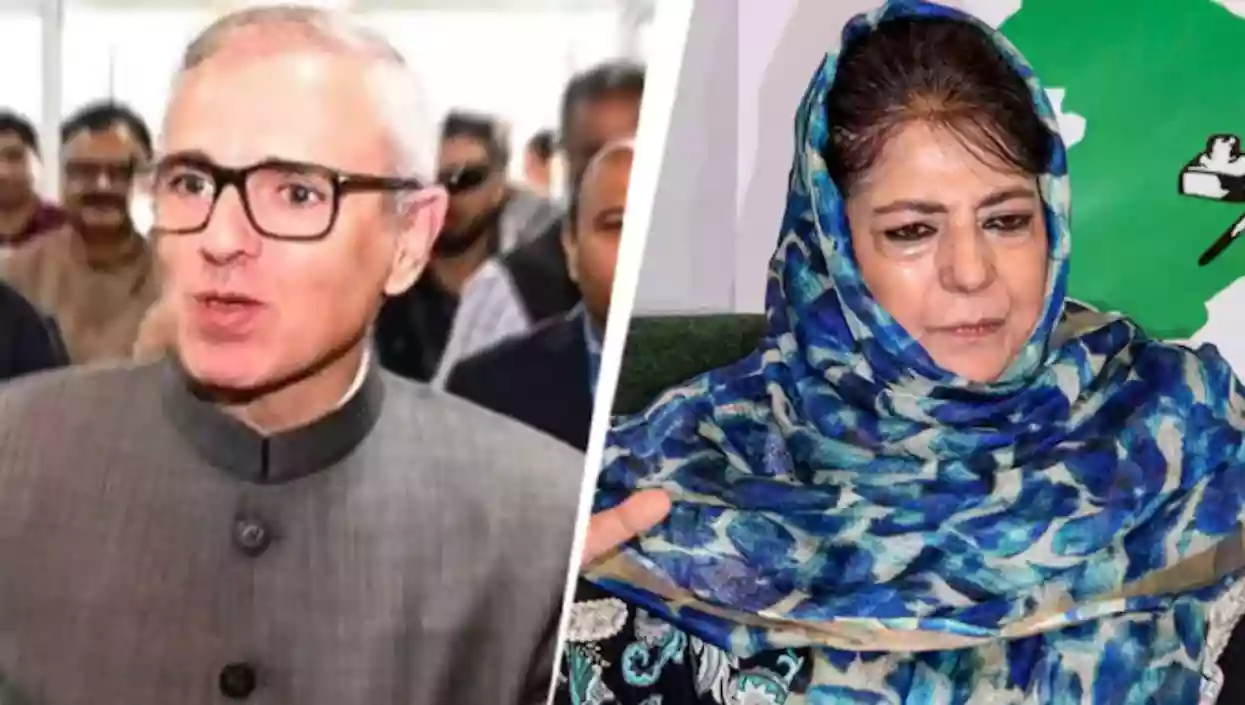.gif)
.gif)

The suspension of the Indus Waters Treaty (IWT) by India has sparked a fresh political confrontation in Jammu and Kashmir, with National Conference leader and Chief Minister Omar Abdullah and PDP president Mehbooba Mufti taking opposing stands over the revival of the long-abandoned Tulbul Navigation Barrage on Wullar Lake.
Omar Abdullah, advocating for the project, posted on social media that with the IWT “temporarily suspended,” it may be the right time to resume construction of the barrage. The project, which began in the early 1980s, was halted due to objections from Pakistan under the terms of the Indus Waters Treaty. Omar highlighted that the project could improve inland navigation and enhance power generation during winters, calling the treaty a “historic betrayal” of Jammu and Kashmir’s interests.
His comments, however, were met with fierce criticism from Mehbooba Mufti, who called the proposal “deeply unfortunate” and “dangerously provocative.” She accused Abdullah of escalating tensions at a time when both nations had just pulled back from the brink of war, following India’s Operation Sindoor and Pakistan’s failed retaliation after the Pahalgam terror attack.
Mufti warned against "weaponising water," stressing that such statements could internationalise the issue and put further pressure on already tense relations. She said the people of Jammu and Kashmir need peace, not provocation, especially when the region has suffered extensive damage and loss of lives in recent weeks.
Omar Abdullah defended his stance, accusing Mehbooba of playing to political optics. He insisted that opposing the IWT is about reclaiming rightful water usage for J&K, not warmongering. The Tulbul barrage, he argued, is a matter of regional rights and development, not conflict escalation.